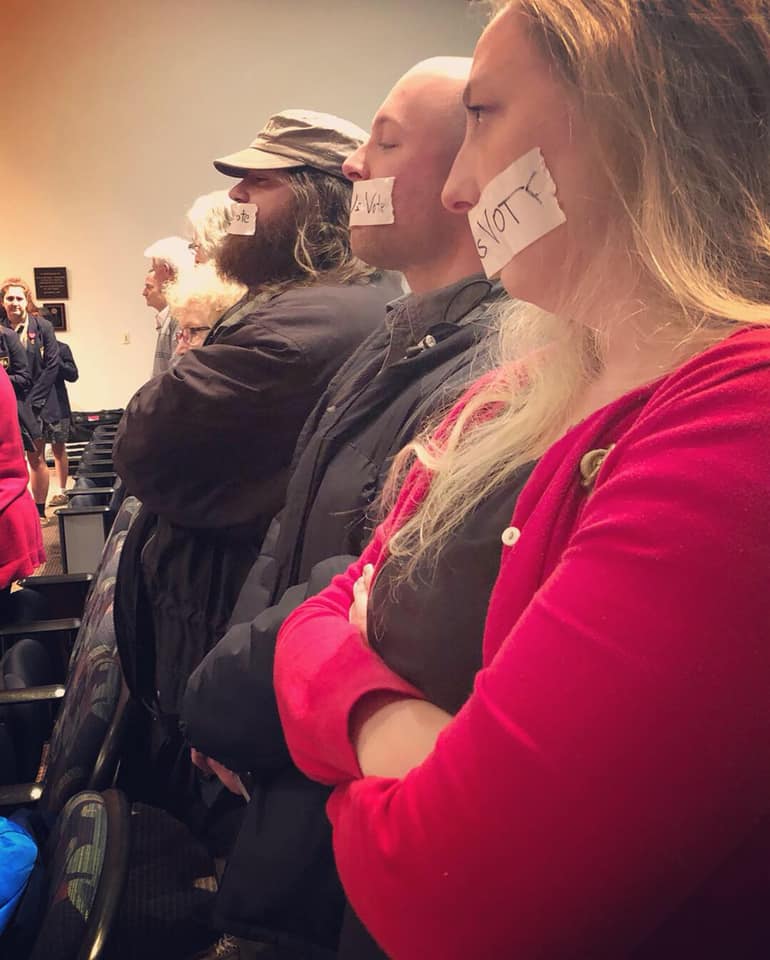This article was written and published by the Community Environmental Legal Defense Fund on October 23, 2019.
Since its inception, a state-wide movement in Ohio has faced a state and corporate attack that amounts to concerted opposition from all branches of state government, corporate lobbies, private law firms, and both political parties. The entire repressive apparatus has revealed itself in 2019, for all to see.
The People’s Movement
The story begins in 2012, when residents outside Cleveland, Ohio, in Broadview Heights, started a group called Mothers Against Drilling in Our Neighborhoods to oppose fossil fuel extraction in their community. They soon learned that Ohio’s regulatory process essentially empowered the involved corporations, while disempowering affected residents. In effect, prevailing laws barred their group from any meaningful democratic participation that would challenge the fossil fuel industry.
This led the group to partner with the Community Environmental Legal Defense Fund (CELDF), and step outside the bounds of conventional environmental law. They organized their efforts into a coordinated strategy for addressing state and federal legal doctrines that stood in the way of their community goals.
Step 1: Setting an Example
Current legal doctrines allow state and federal governments to prevent cities and counties from expanding protections for civil and human rights. This insulates corporate interests from city and county laws.
The Ohio mothers and other community members could not ignore the potential state and corporate attack allowed by these doctrines. Therefore, in partnership with CELDF, they drafted a Community Rights citizens’ initiative. This local measure motioned to ban fossil fuel extraction as a violation of the community’s rights to clean air, water, and self-government, and of the Rights of Nature to exist, flourish, and evolve.
Sixty-seven percent of Broadview Heights voters adopted the measure in the November 2012 general election. However, powerful interests quickly got involved, showing the community that all too often, state and federal agencies that establish environmental protections are more interested in the economic benefits of exonerating the very industries which they regulate. The state places a “ceiling” on local governments, preventing them from directly governing corporations in their communities. The Broadview Heights law was later struck down by the Ohio courts.
(To read the rest of this article at its original source please click HERE.)

